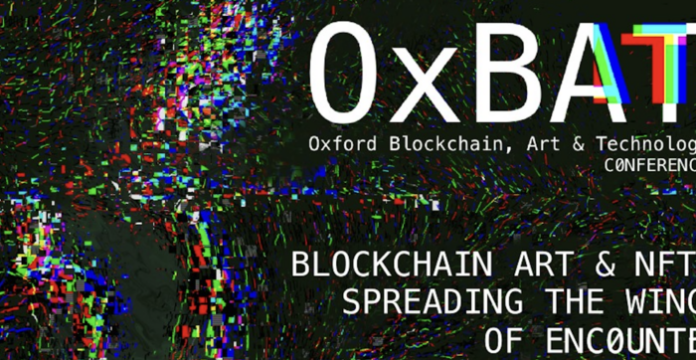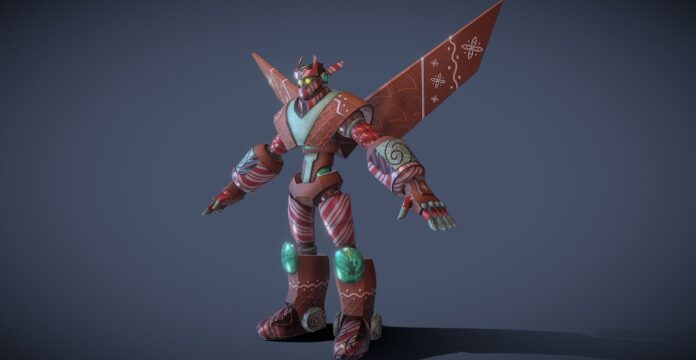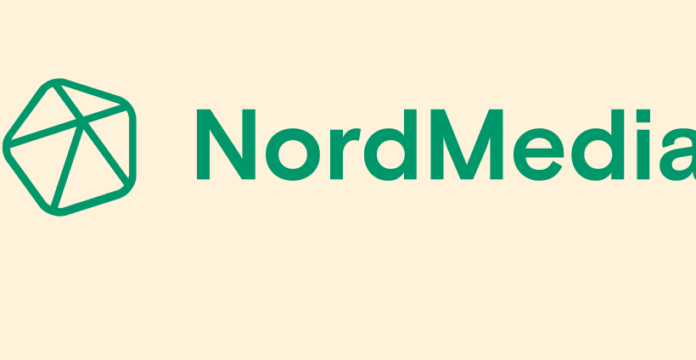A blockchain is a decentralized public ledger that keeps records of all transactions on its own network. This means that all nodes in the network (for example, wallets or digital addresses) keep copies of all data. It also means that all copies have to be updated and verified one by one, which is why blockchain networks are usually slow and hardly scalable.
As their name suggests, blockchains consist of blocks of data that are chained together. Every next block is attached to the previous one by a cryptographic hash function of the confirmed transaction. Every transaction has to be confirmed by the majority of other nodes in the network before it becomes valid. Specific architecture of confirmation may differ on different platforms, which is also a security concern. For example, if some entity takes control of 51% of the network, it enables them to confirm a fraudulent transaction. For this reason, public blockchains currently are, and need to stay, decentralized.
Many, although by far not all, blockchain projects are open source, and all of them make at least a part of their data public. For instance, it is possible, and not particularly difficult, to track any wallet on Ethereum and see the complete history of its transactions and the amount of Ethereum it contains at the moment. There has even been a public investigation of Bitcoin wallets that supposedly belong to Satoshi Nakamoto, the mythical creator of Bitcoin.
To sum it up, information about transactions on blockchain is transparent and open for everyone, which makes it immutable. The history of all previous transactions is kept in every next block and constantly verified after every next transaction. So-called miners are paid on a competitive basis to ensure the integrity of data. This is why transactions on common blockchain platforms are not free – there is always the fee which goes to miners. By increasing this fee, the owner of a wallet can speed up the transaction, but, in most cases, it won’t be instant. Still, blockchains are a great way to store data in a public and decentralized way, where everyone can check it at any time.





